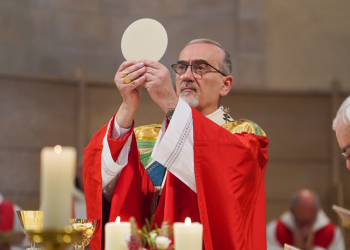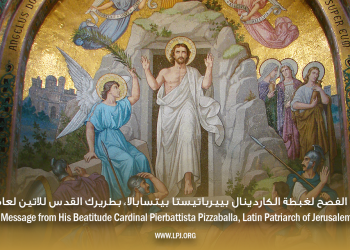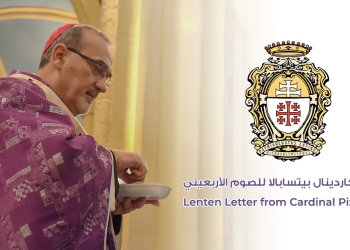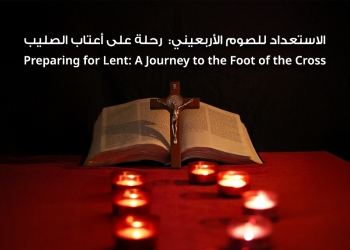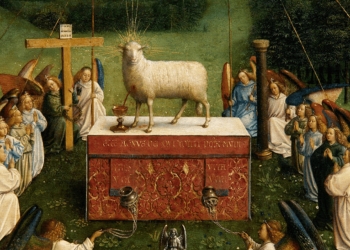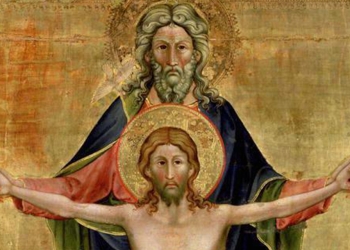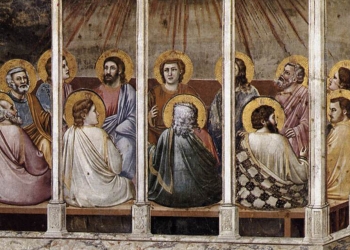In just two weeks, we will embark on our 40-day journey to the foot of the Cross, culminating in the celebration of Christ’s salvific work through His suffering, death, and resurrection. But how can we truly prepare to observe Lent? Why is this season so vital for our spiritual lives?
Lent is, at its core, an extended act of prayer and penance, inviting us into a deeper relationship with Christ. It is a journey of spiritual discipline, leading us to conversion and renewal. This season is not merely a time of giving things up but an opportunity to realign our hearts with God. The Church, in her wisdom, offers us the three pillars of Lent: prayer, fasting, and almsgiving—three essential practices that help us grow in holiness.
The Call to Self-Denial
During Lent, we are invited to surrender attachments that distract us from God, whether they be material comforts, unhealthy habits, or even attitudes that keep us from living out fully the faith. What do we turn to for comfort instead of Christ? What consumes our time and energy more than prayer? As we lay down these “idols,” we make room for God’s grace to work in us.
Jesus does not say “if you fast” but “when you fast” (cf. Matthew 6:16), emphasizing that fasting is an expected part of the Christian life. Fasting is a tangible way of crucifying the desires of the flesh so that we may live more fully in the Spirit: “Now those who belong to Christ [Jesus] have crucified their flesh with its passions and desires. If we live in the Spirit, let us also follow the Spirit” (Galatians 5:24-25). By embracing fasting, we experience in a small way the suffering of Christ and prepare ourselves to share in the victory of His resurrection: “We know that our old self was crucified with Him, so that the sinful body might be destroyed and we might no longer be enslaved to sin” (Romans 6:6).
Why Fast? The Spiritual Fruits of Self-Denial
Fasting is more than self-discipline; it is a way of opening our hearts to God. It helps us:
- Recognize that spiritual nourishment is more vital than physical sustenance (“Man shall not live by bread alone” – Matthew 4:4).
- Learn self-mastery, gaining control over our desires rather than being enslaved by them.
- Express sorrow for sin and a willingness to change.
- Stand in solidarity with those who suffer hunger, poverty, and hardship (cf. Colossians 1:24).
- Humbly acknowledge our dependence on God and surrender to His will.
Fasting, however, should not be seen in isolation—it is an act of penance that must be accompanied by prayer and charity.
Lent as a Time of Prayer
Lent calls us to deepen our prayer life, allowing God to transform us from within. The Church encourages practices such as:
- Meditating on the Passion of Christ, especially through the Stations of the Cross.
- Spending time in Eucharistic adoration, contemplating Christ’s real presence.
- Reading Scripture daily, particularly passages that reflect on repentance and God’s mercy.
- Praying the Rosary, entrusting our Lenten journey to the intercession of Our Lady.
- Frequent reception of the Sacrament of Reconciliation, where we encounter the Lord’s boundless mercy.
Through these practices, we allow ourselves to be drawn into a more intimate communion with Christ, who went into the desert for 40 days to prepare for His mission.
The Call to Charity: Almsgiving as Love in Action
Lent is also a time to live out the Gospel through acts of charity. It teaches us not to pursue the self, but to live more for others. Almsgiving is not simply about donating money but about offering ourselves in service to others. As we experience hunger, weakness, and self-denial during Lent, we are reminded of those who suffer daily. True almsgiving comes from a heart moved by compassion, mirroring the self-giving love of Christ.
Consider ways to practice almsgiving:
- Supporting the poor through financial generosity or volunteering.
- Offering our time to those who are lonely or in need of encouragement.
- Practicing forgiveness and reconciliation with those we may have wronged.
- Performing small, unnoticed acts of kindness as a way of imitating Christ’s humility.
Holy Week: The Culmination of Lent
Lent is a pilgrimage leading to the holiest days of the Church year—Holy Week. As we journey through Palm Sunday, the Triduum, and ultimately Easter, we walk alongside Christ in His Passion, death, and resurrection. The invitation is clear: to take up our cross and follow Him, knowing that beyond the suffering of Good Friday lies the joy of Easter Sunday.
A Final Word: Keep It Simple, Stay Faithful
It is tempting to view Lent as a time for ambitious personal reinvention, but its purpose is much deeper. Rather than overburdening ourselves with excessive resolutions, we should focus on a few meaningful sacrifices and spiritual disciplines. Lent is a lifelong journey—one that the Church guides us through year after year. Even when we fail in our resolutions, Lent reminds us of our weakness and our need for God’s grace.
Above all, Lent is an invitation to love as Christ loved—to embrace self-denial, deepen our prayer, and serve others in charity. As we journey to the foot of the Cross, may we be transformed, so that when we reach the empty tomb on Easter morning, we may share in the fullness of Christ’s victory.
“If we have died with Him, we shall also live with Him” (2 Timothy 2:11).


